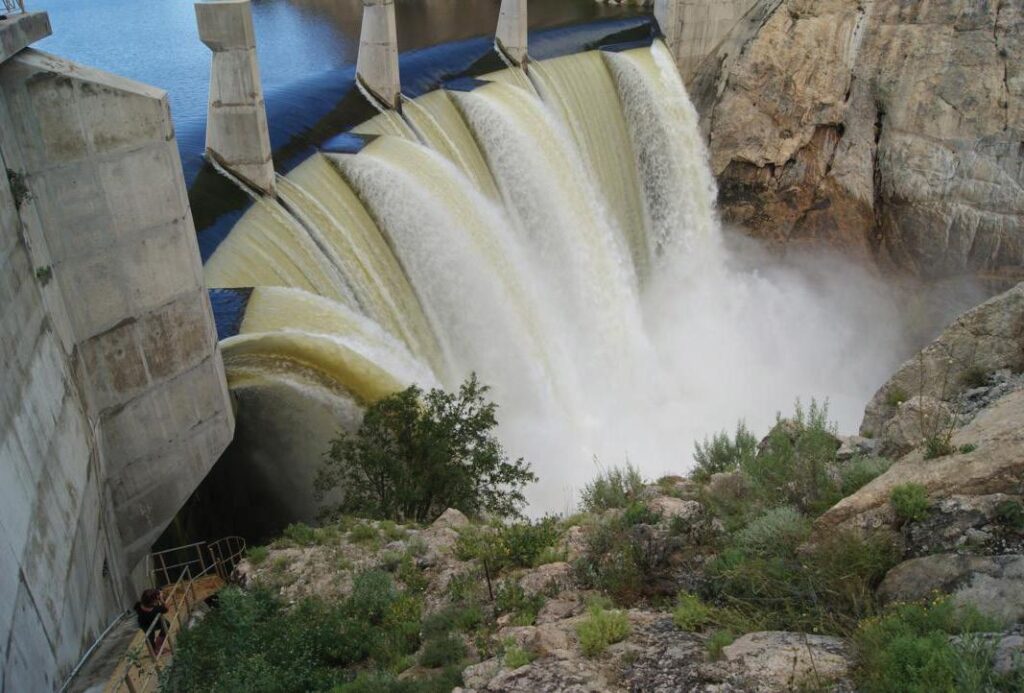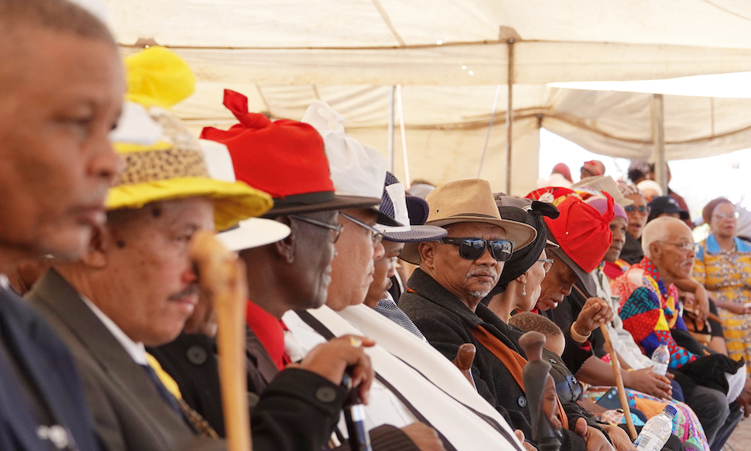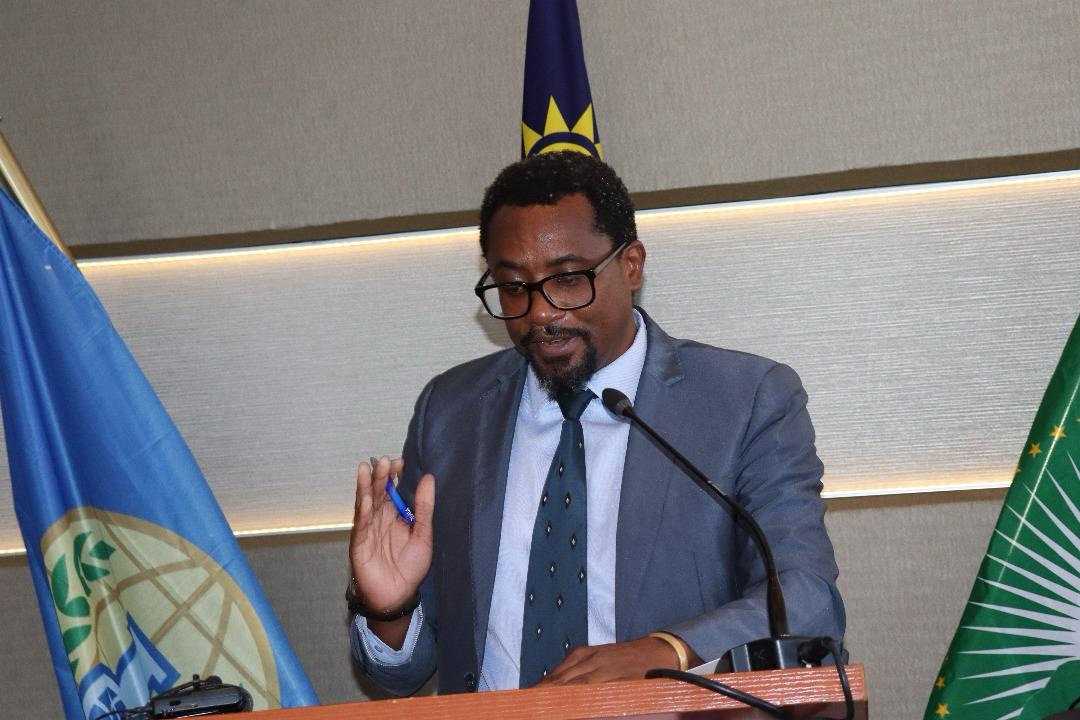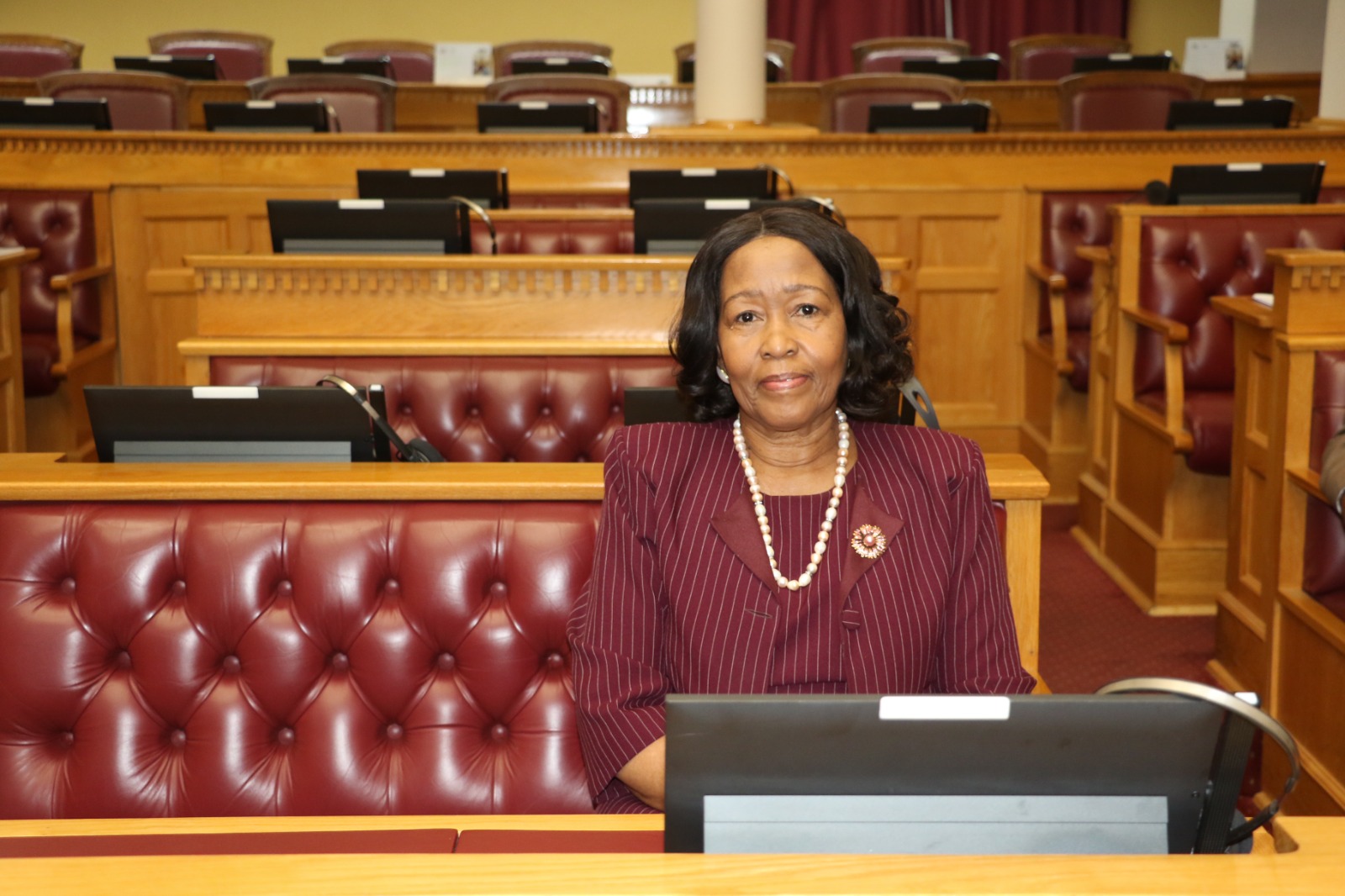THE debate in the National Assembly on the Veterans Bill provided a preview of what lies ahead for the nation about who qualifies to be a called a war veteran and what ‘struggle credentials’ will be required.
Some MPs want liberation veterans to be classed as political, diplomatic and military fighters. MacHenry Venaani of the DTA tried to argue that the liberation struggle did not start in August 1966, when Swapo fighters were attacked by South African forces at Omugulugwombashe, but that traditional leaders like Samuel Maharero, Hendrik Witbooi or Jakob Marengo had already started the struggle for Namibia’s liberation.”Before 1966, Namibians sent petitions to the United Nations,” he reminded the House.He then mentioned Namibians who fought in the former SWATF, who would now not benefit from the new bill, although many of them were incorporated in the Namibian Defence Force after Independence.At this point Nora Schimming-Chase of CoD rose and reminded the House that young Namibians were forced to serve in the South African army and later SWATF.”They had no choice, other than to go into exile.It is time to recognise here that South Africa’s apartheid rule introduced conscription and forced our young people to fight.We should not make perpetrators out of victims, several of them needed psychological counselling after their military service and others even went mad,” she stated.”It is true what you say and it is a sensitive issue,” Justice Minister and Attorney General Pendukeni Iivula-Ithana noted, ” but pointing a finger at South Africa is too far (away), there was a (transitional) government installed here which was the facilitator of the conscription service.Some of the members of that Government are sitting here in this House today.”Venaani then told the House that Swapo members who landed in the Lubango dungeons in Angola, accused by their own party as ‘spies’ for South Africa, were not considered in the new bill.The new draft legislation has the purpose to give monthly grants to officially recognised veterans and loans for projects, but only to those who fought against apartheid South Africa.”Include all the fighters, don’t leave out those who fought on the ‘wrong’ side,” Venaani urged Parliamentarians.Peya Mushelenga of Swapo proposed that veterans should be graded into those who fought for independence on the diplomatic, political or military front.The debate continues next Tuesday.MacHenry Venaani of the DTA tried to argue that the liberation struggle did not start in August 1966, when Swapo fighters were attacked by South African forces at Omugulugwombashe, but that traditional leaders like Samuel Maharero, Hendrik Witbooi or Jakob Marengo had already started the struggle for Namibia’s liberation.”Before 1966, Namibians sent petitions to the United Nations,” he reminded the House.He then mentioned Namibians who fought in the former SWATF, who would now not benefit from the new bill, although many of them were incorporated in the Namibian Defence Force after Independence.At this point Nora Schimming-Chase of CoD rose and reminded the House that young Namibians were forced to serve in the South African army and later SWATF.”They had no choice, other than to go into exile.It is time to recognise here that South Africa’s apartheid rule introduced conscription and forced our young people to fight.We should not make perpetrators out of victims, several of them needed psychological counselling after their military service and others even went mad,” she stated.”It is true what you say and it is a sensitive issue,” Justice Minister and Attorney General Pendukeni Iivula-Ithana noted, ” but pointing a finger at South Africa is too far (away), there was a (transitional) government installed here which was the facilitator of the conscription service.Some of the members of that Government are sitting here in this House today.”Venaani then told the House that Swapo members who landed in the Lubango dungeons in Angola, accused by their own party as ‘spies’ for South Africa, were not considered in the new bill.The new draft legislation has the purpose to give monthly grants to officially recognised veterans and loans for projects, but only to those who fought against apartheid South Africa.”Include all the fighters, don’t leave out those who fought on the ‘wrong’ side,” Venaani urged Parliamentarians.Peya Mushelenga of Swapo proposed that veterans should be graded into those who fought for independence on the diplomatic, political or military front.The debate continues next Tuesday.
Stay informed with The Namibian – your source for credible journalism. Get in-depth reporting and opinions for
only N$85 a month. Invest in journalism, invest in democracy –
Subscribe Now!










